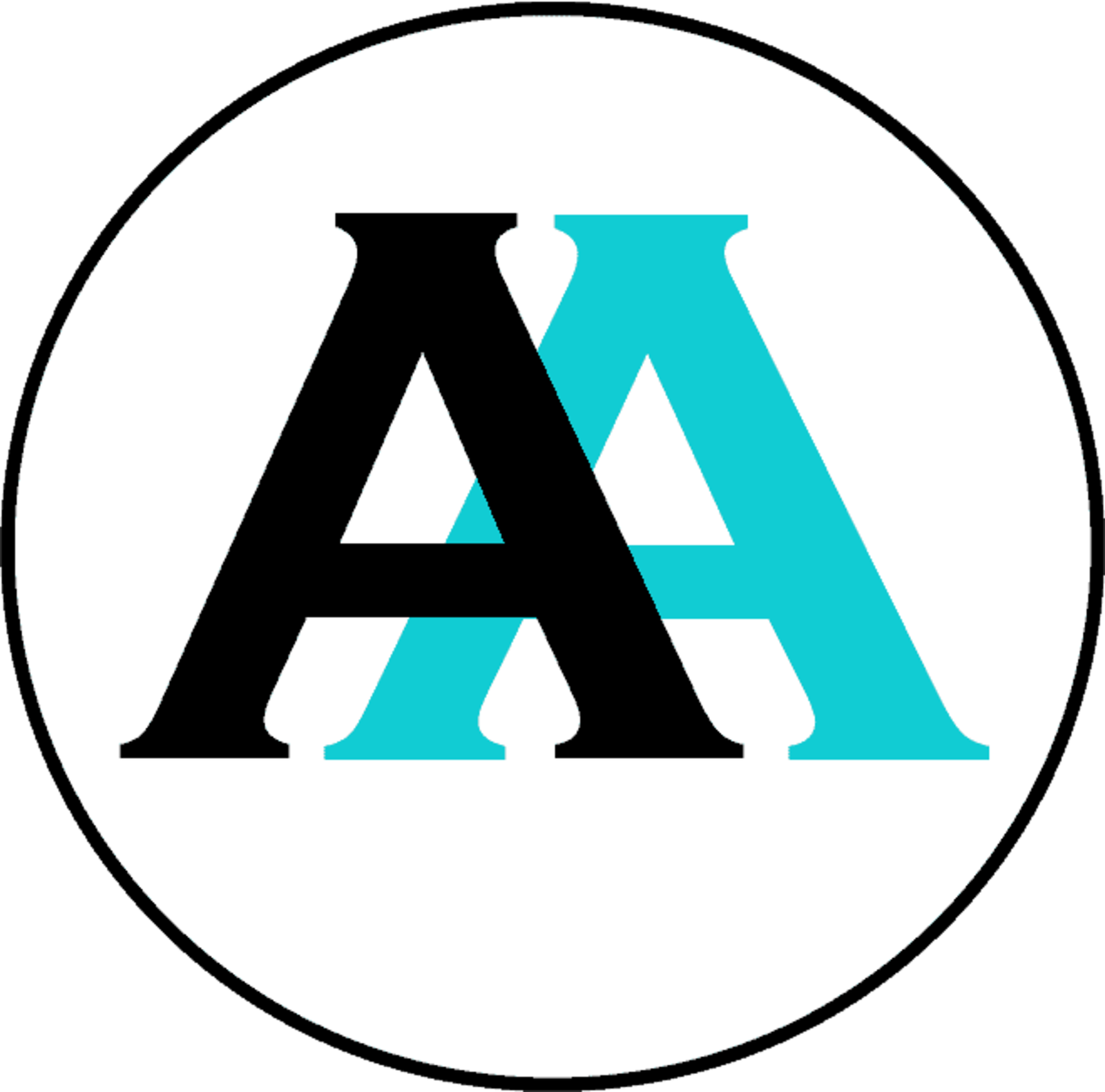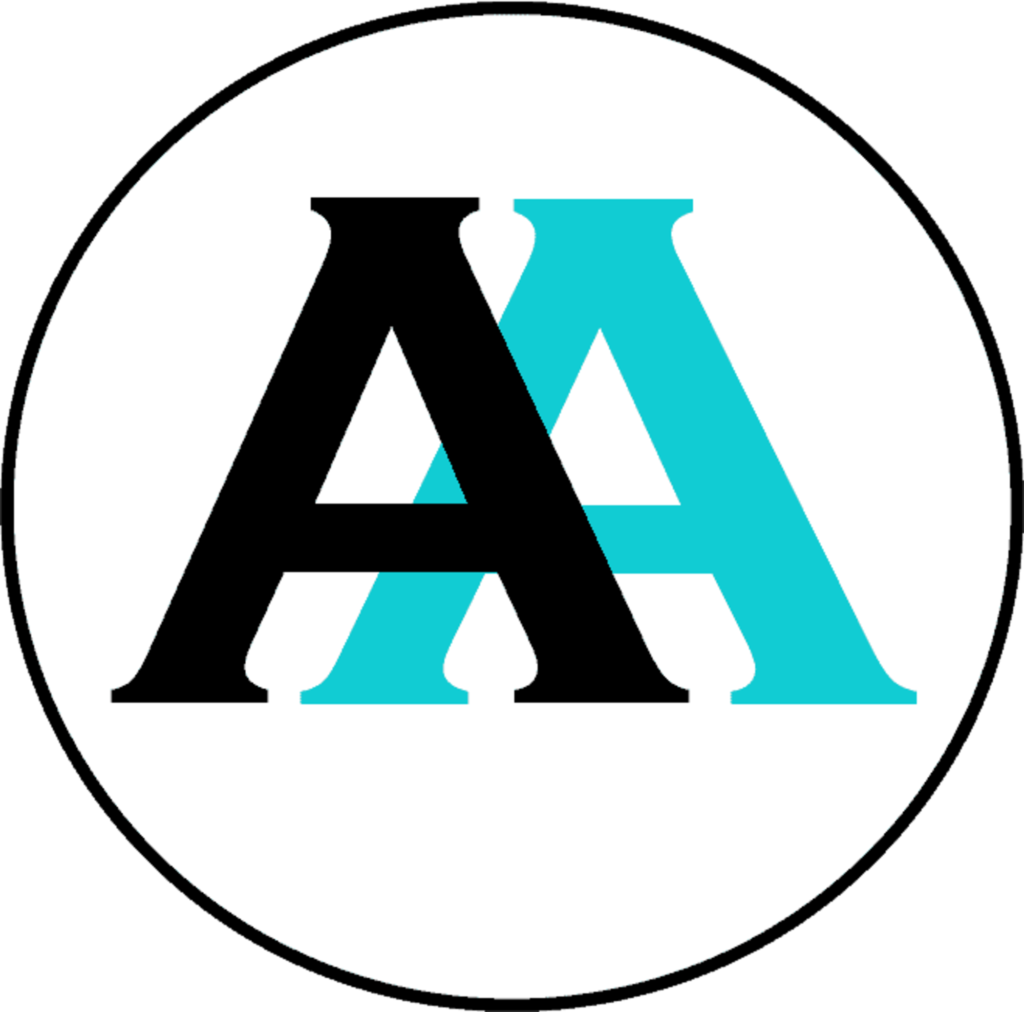FAQ
- Home
- FAQ
Frequently Asked Questions
Still have doubts? Find out if we have an answer
Studying abroad can involve a certain level of complexity, with many factors to be considered. We aim to simplify the process by handholding you through every stage thereby providing comprehensive support and ensuring a fulfilling experience.
We take pride in providing boutique services emphasizing quality over quantity. Our services are personalized to ensure that each student receives tailored support. Moreover, we do not charge any consultancy fee from our students
We do not charge any fee from students. Administration fee may be charged only for certain study destinations where tuition fee is not applicable.
Application deadlines are different depending on the country, university and program. It is always better to apply a year to six months in advance as some seats get filled up very quickly, depending on the demand. This also gives ample time to research appropriate programs, universities, funding opportunities as also gather relevant documents. Once the application is processed, it usually takes three to four months to receive an offer from a university
Documents may vary for different programmes and universities. A general checklist is listed below:
- Academic degrees and transcripts/marksheets
- ID proof
- A valid passport
- English language proficiency scores
- Letters of recommendation
- Statement of Purpose
- Portfolio (if applicable)
- CV/ Resume
- Work experience letters, extra courses related documents
- Proof of funds and other bank statements
Yes, scholarships are a great way to make your expenses easier to manage. There are different types of scholarships available, location specific, program specific, university based and government funded. Scholarships are highly competitive and extensive research needs to conducted about its various guidelines and application processes.
It is unlikely. However, there are some universities which ask for an interview, especially for more competitive programs. These days interviews are usually conducted via online mediums such as Skype.
Yes, you can! There will be many options available and the knowledge.
imparted will be the same as in universities which ask for
higher grades.
Most countries do allow students to work while studying. Often there is a limit of 20 hours of paid work per week during term time. Full-time employment is permitted during the semester breaks. Rules for each study destination will vary.
Depending on which course one wants to apply for, the student can take a foundation course which usually lasts one year and helps you develop the skill set required for the course which you ultimately wish to enroll for.
Not all countries offer post-study work permits, but quite a few do in order to attract and retain skilled workers. Duration and rules may vary as per the study destination.
Student loans are available very easily these days. Also, quite a few universities allow you to pay fees in installments, (usually 2-3) however, some universities like full payment of fees before applying for a loan.
We will help and guide you in writing the statement of purpose.
Yes, it is possible to do an MBA without a GMAT score.
Yes, you can.
Yes, you do. Most commonly accepted tests are IELTS and TOFEL. Depending on the University, the acceptable score varies. However, some also waive off the requirements if a student has scored a high percentage in English subject.
Yes, you can make a prior appointment or you an have a telephonic consultation.
No. There is no signup fee you only need to book an appointment.

